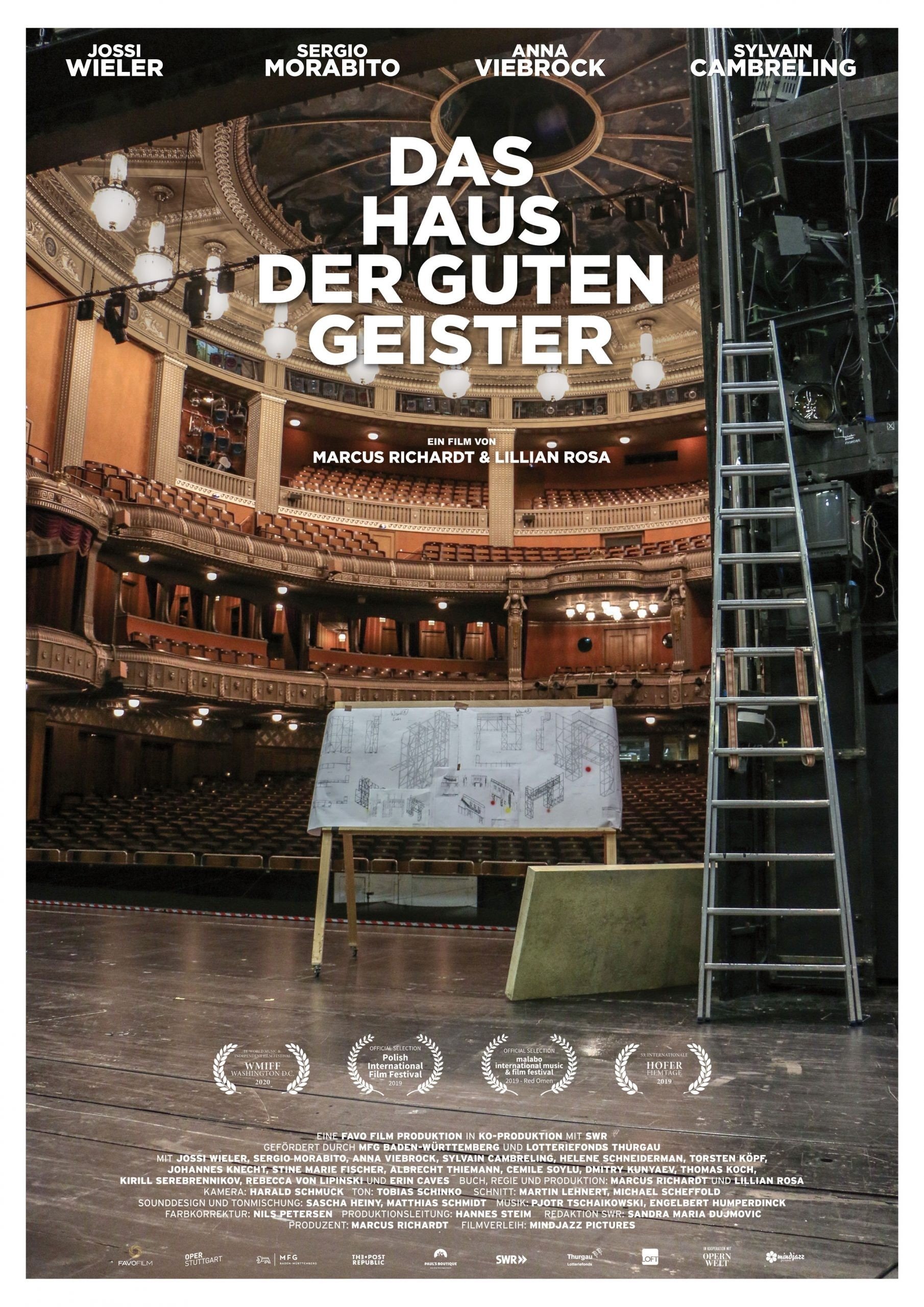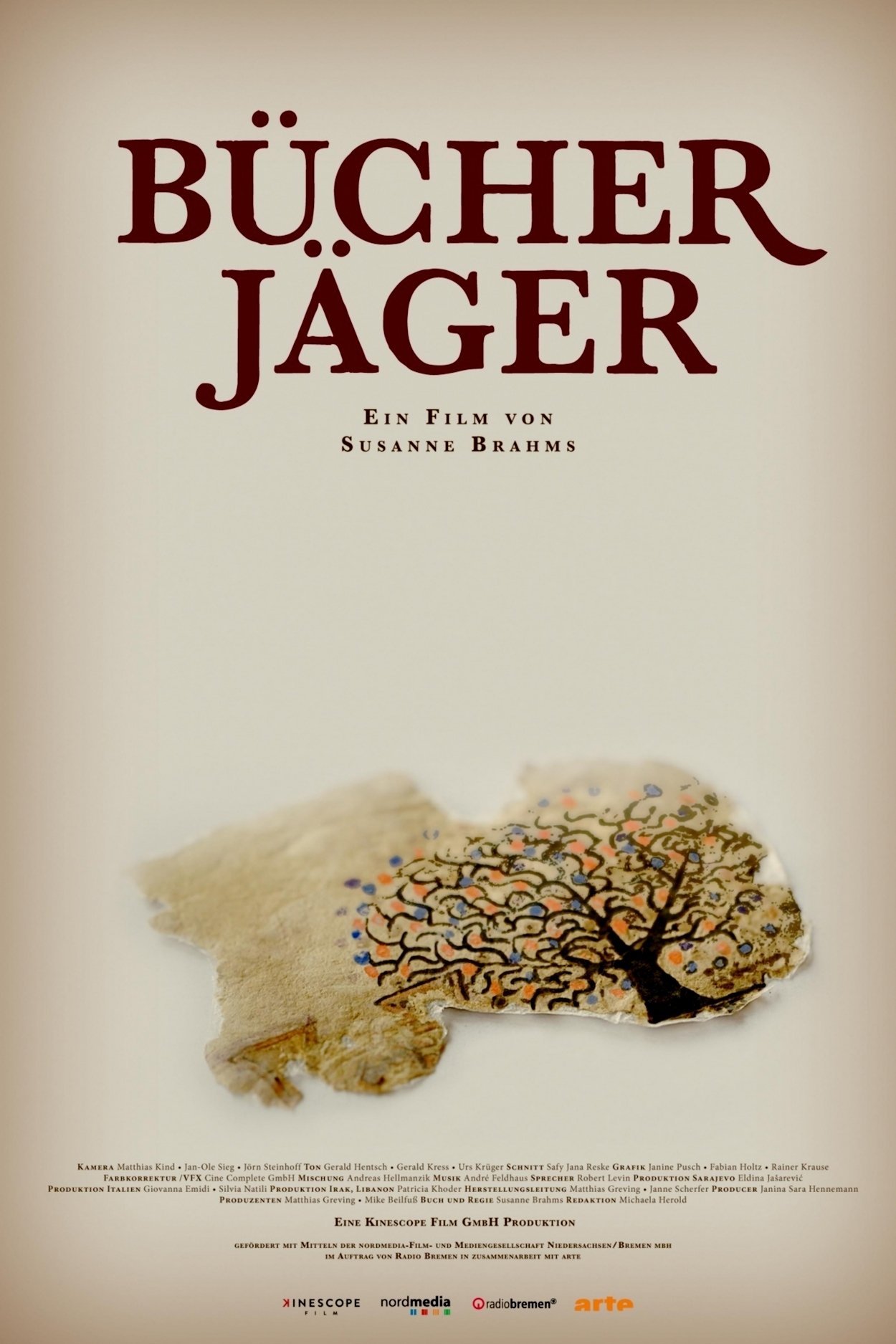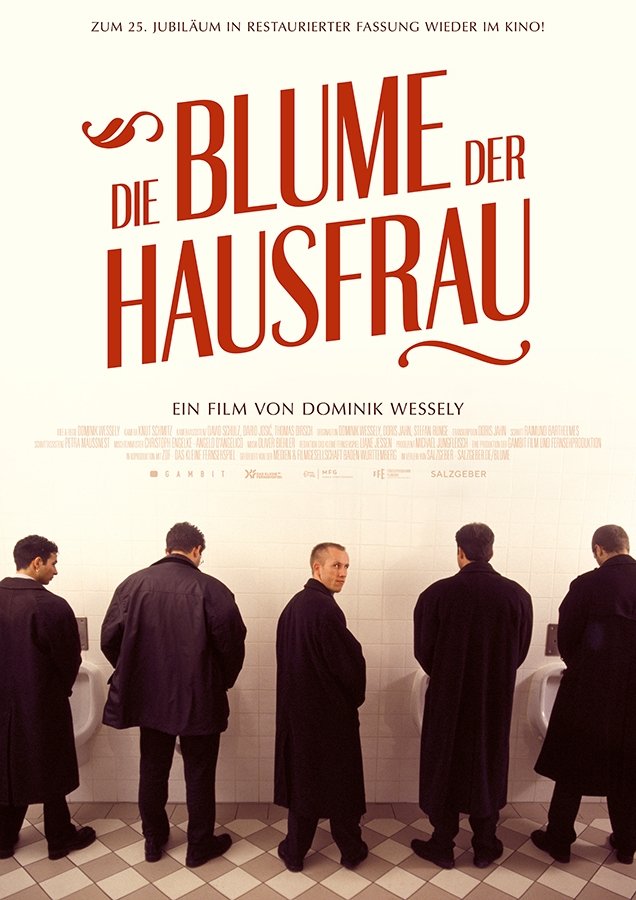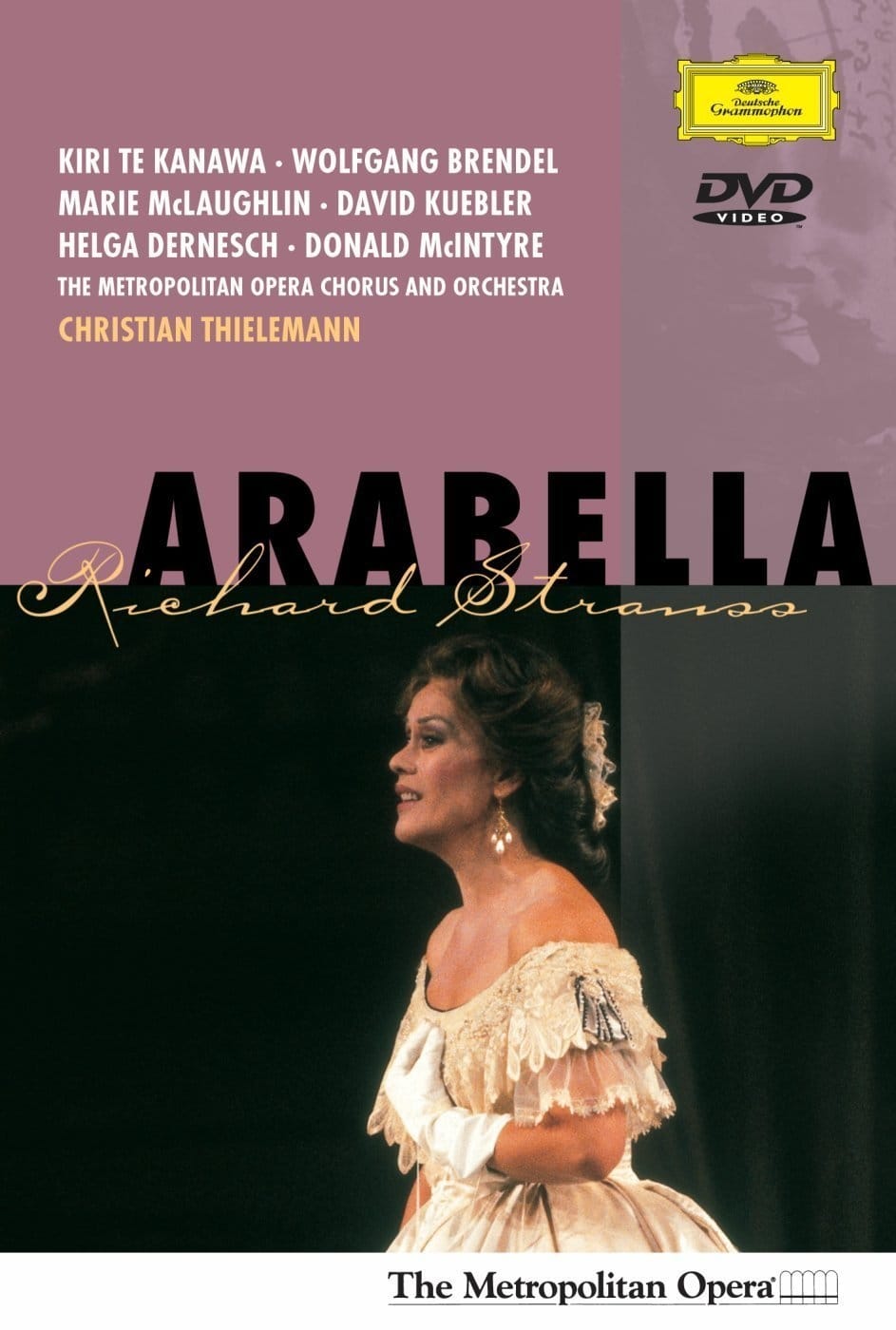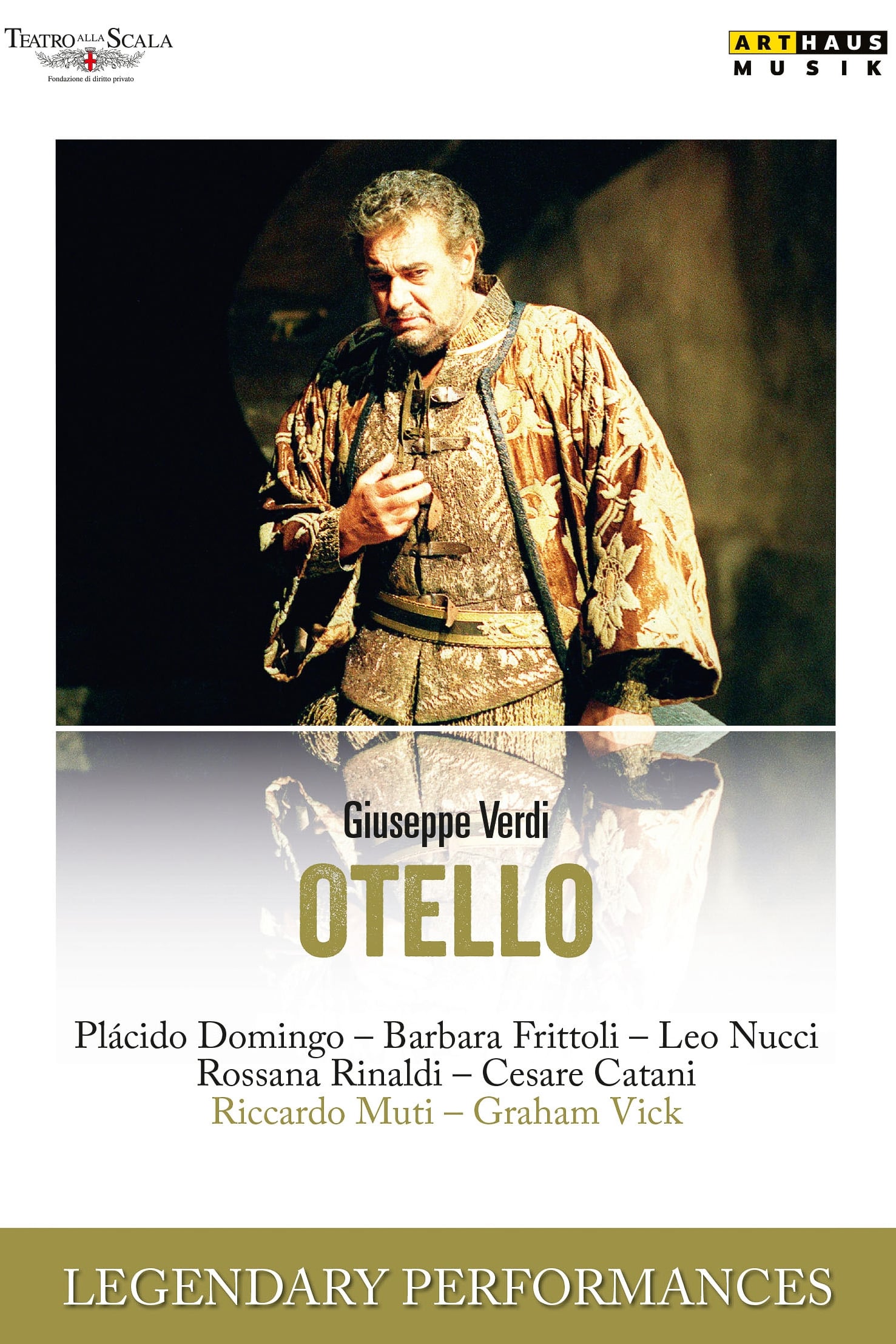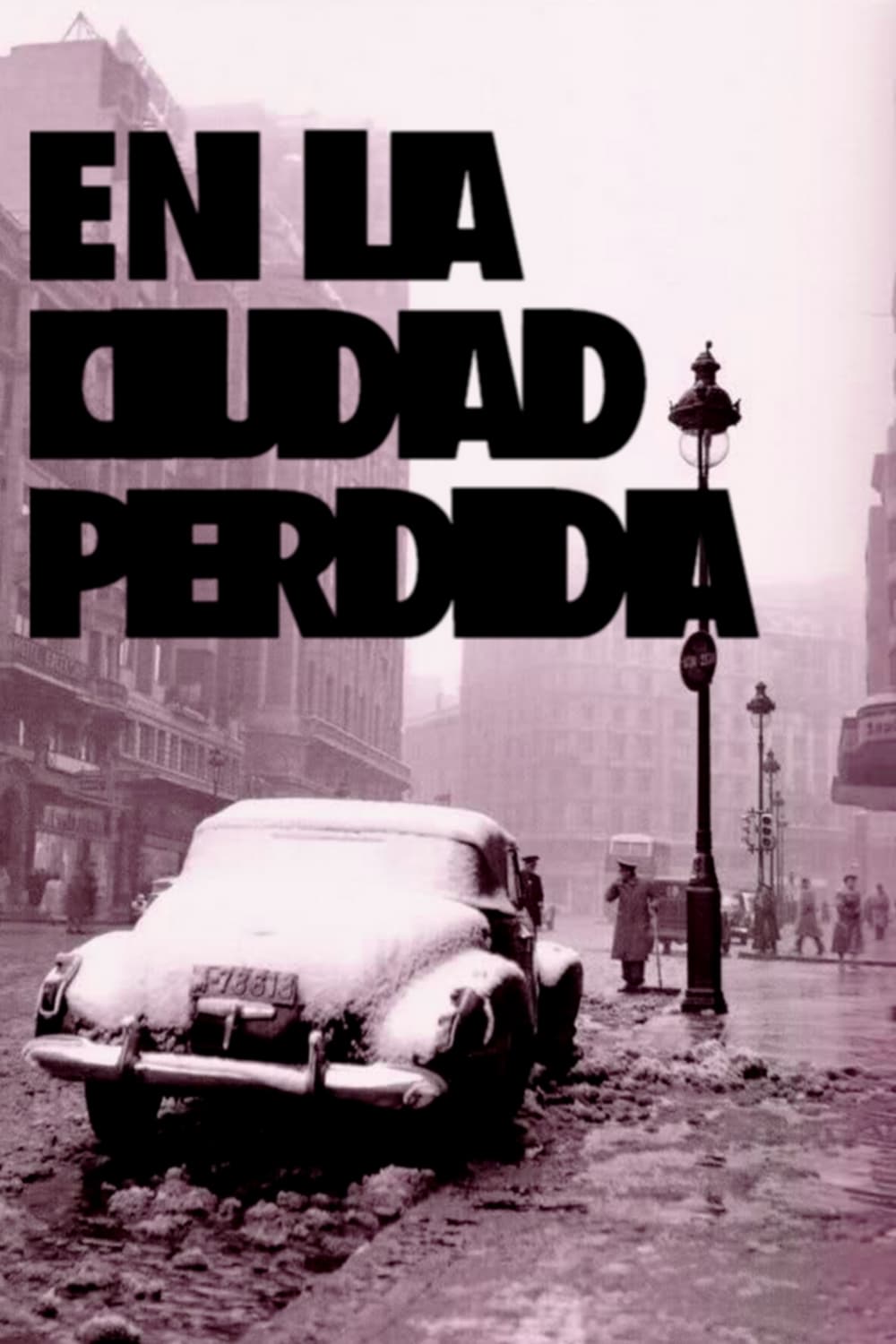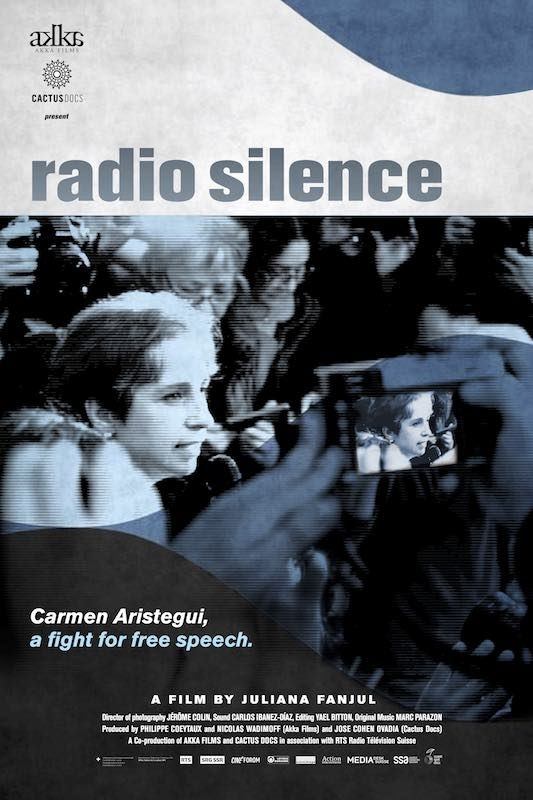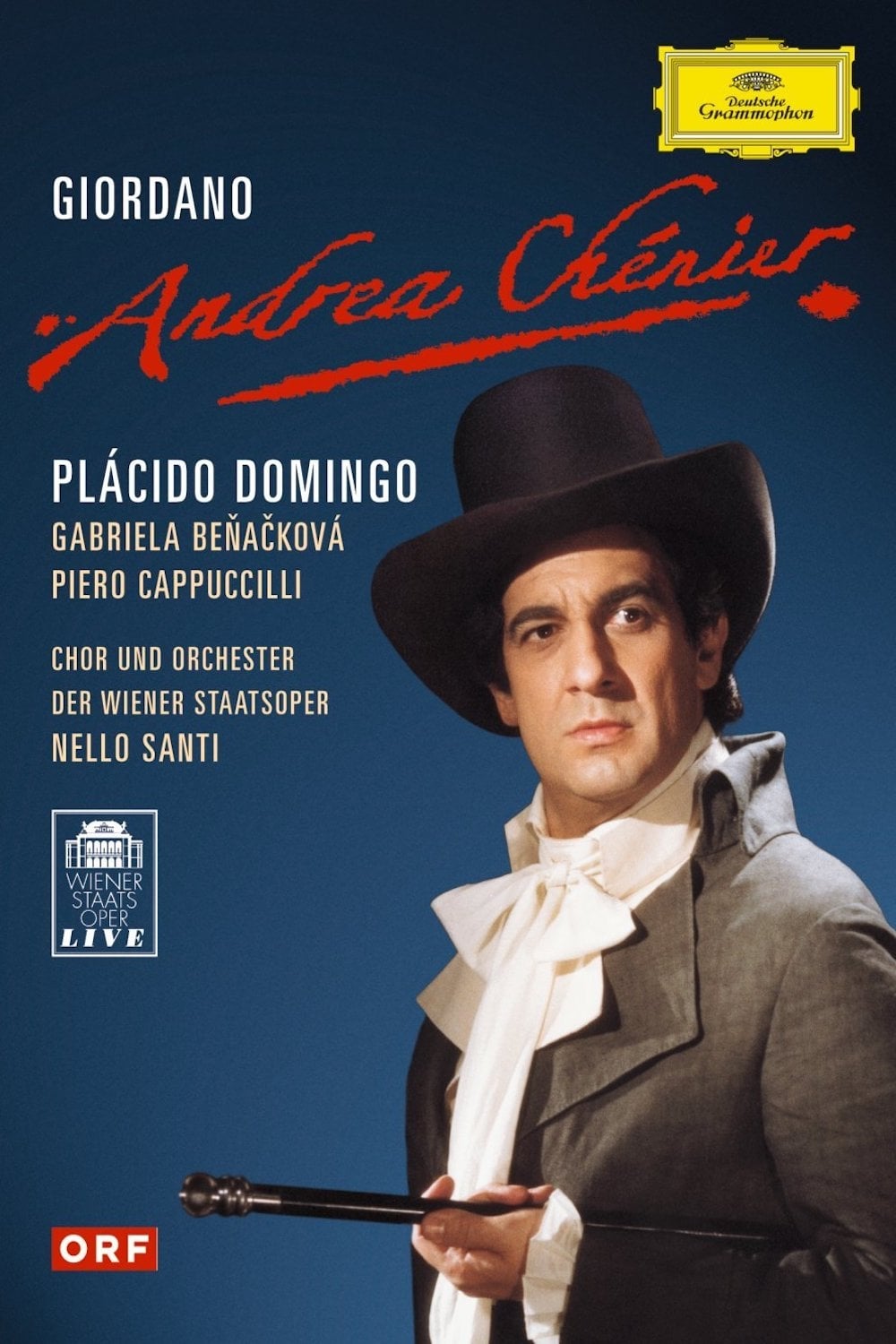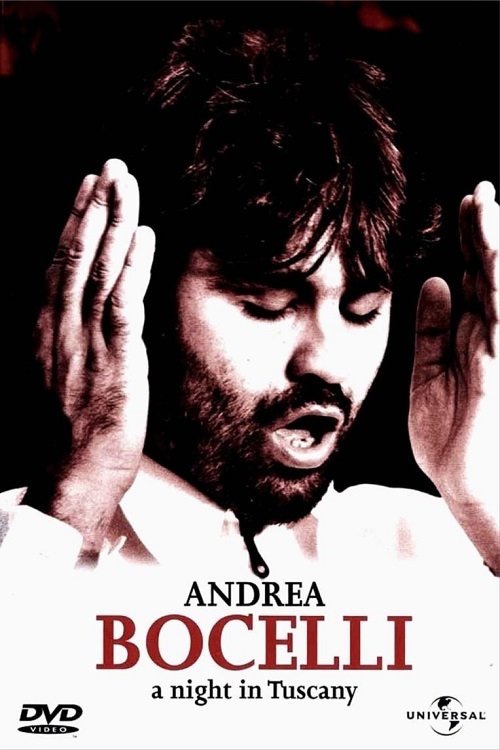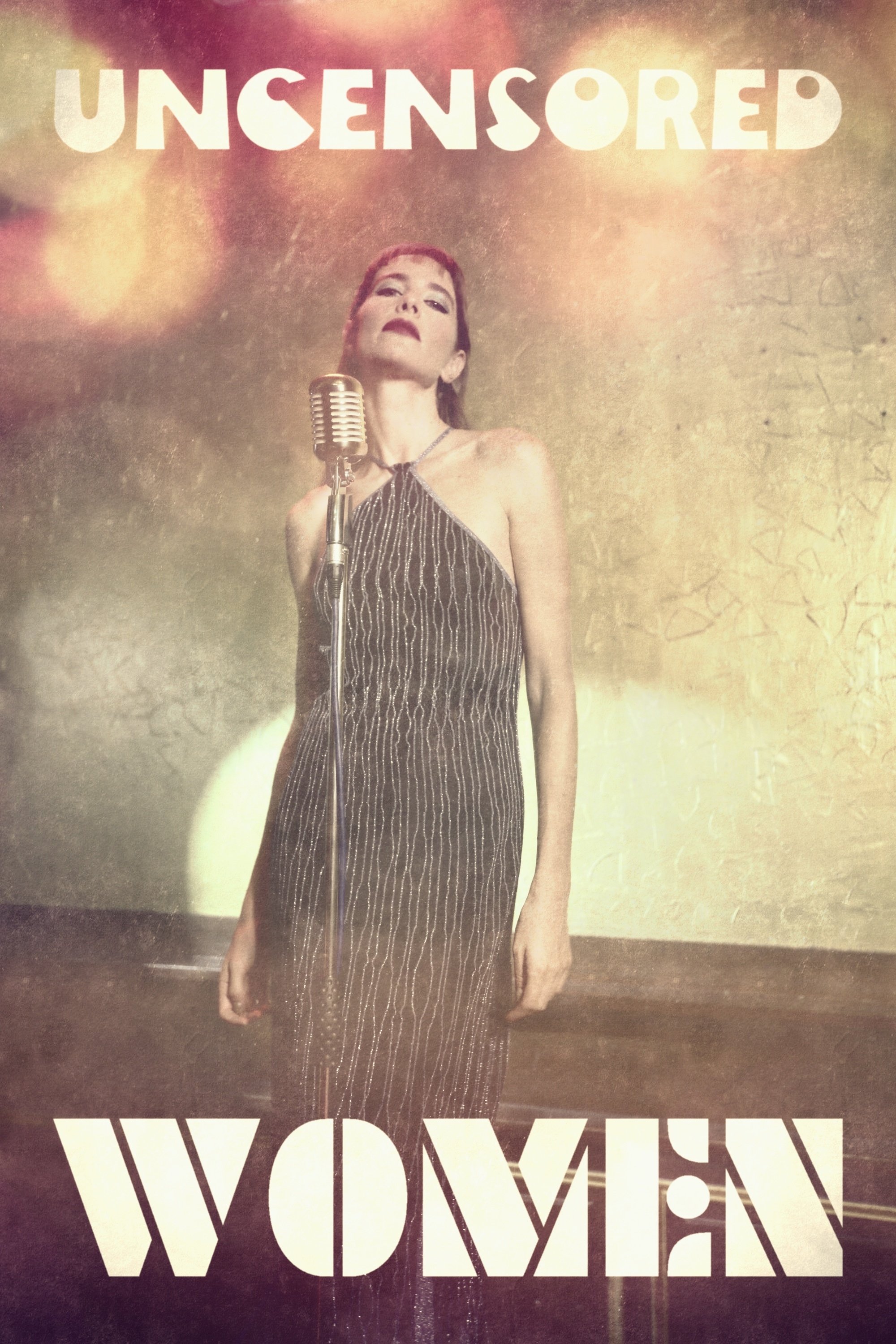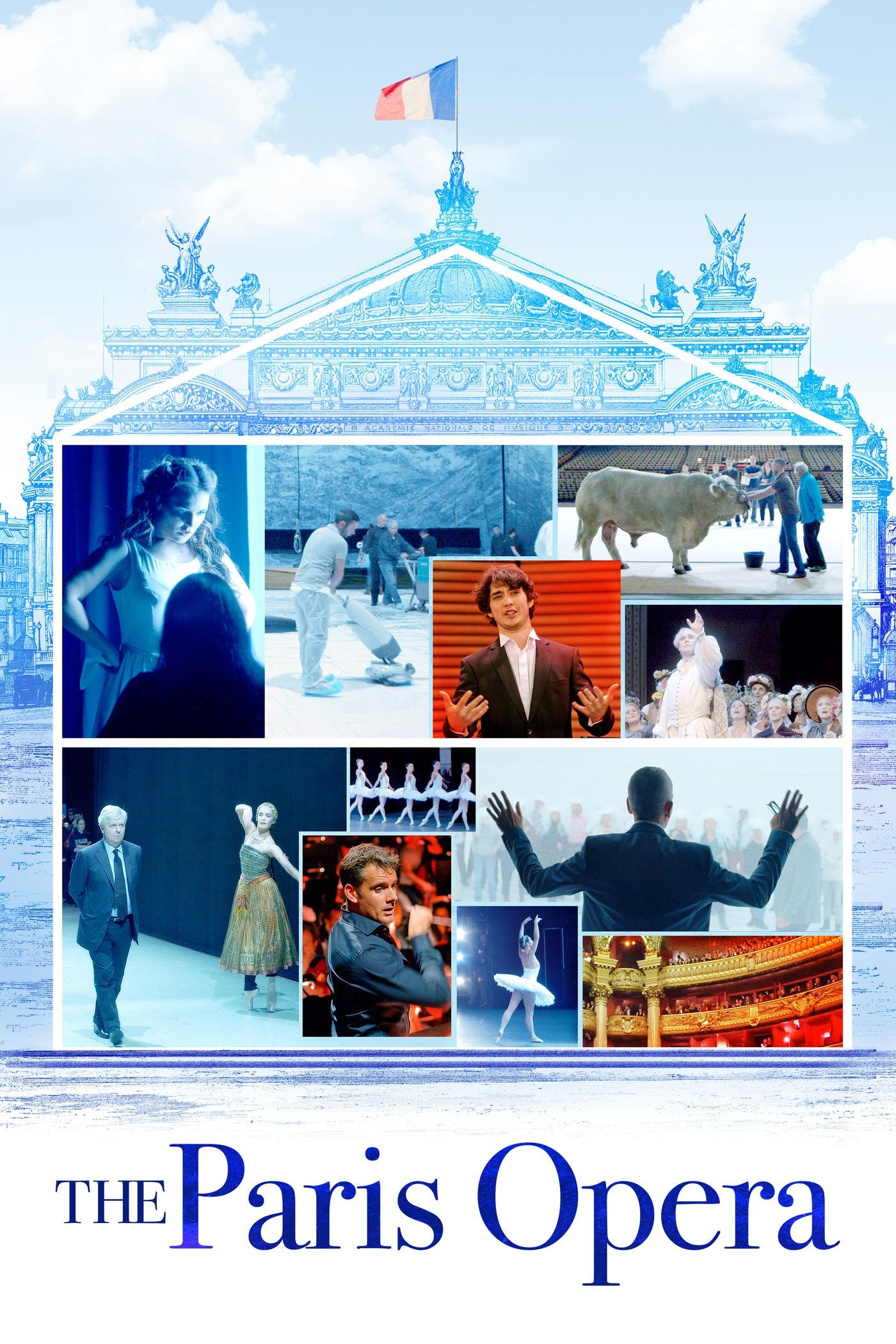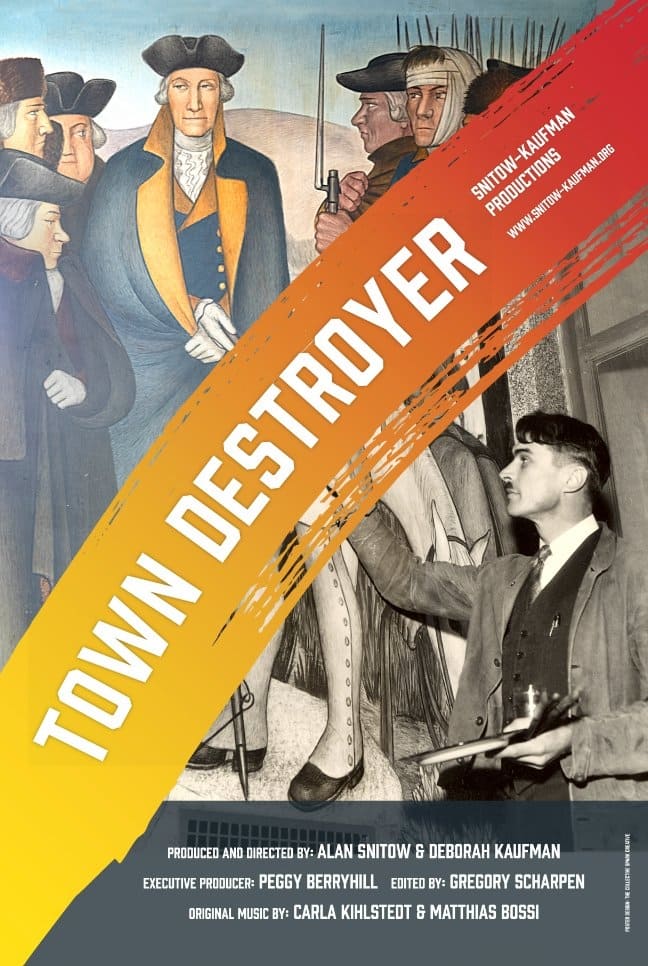Das Haus der guten Geister
2020
1h 43m
0.0(0 votes)
Documentary
Overview
A documentary about the Staatsoper Stuttgart (Stuttgart State Opera) in Germany.
Production Companies


Cast & Crew
4 members
Directing
Jossi Wieler
Unknown Role
No Image
Directing
Sergio Morabito
Unknown Role
No Image
Costume & Make-Up
Anna Viebrock
Unknown Role
No Image
Directing
Кирилл Серебренников
Unknown Role
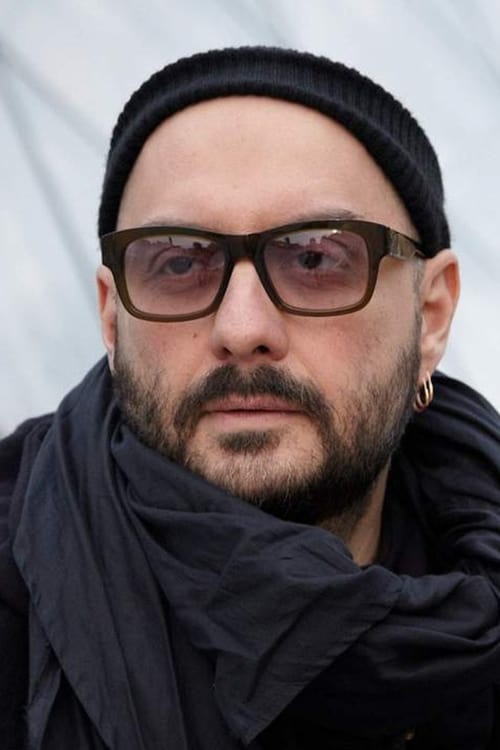
Similar Movies
Recommended Movies

No Recommendations Yet
We're working on finding the perfect movies for you. Check back soon!
More movies coming soon
